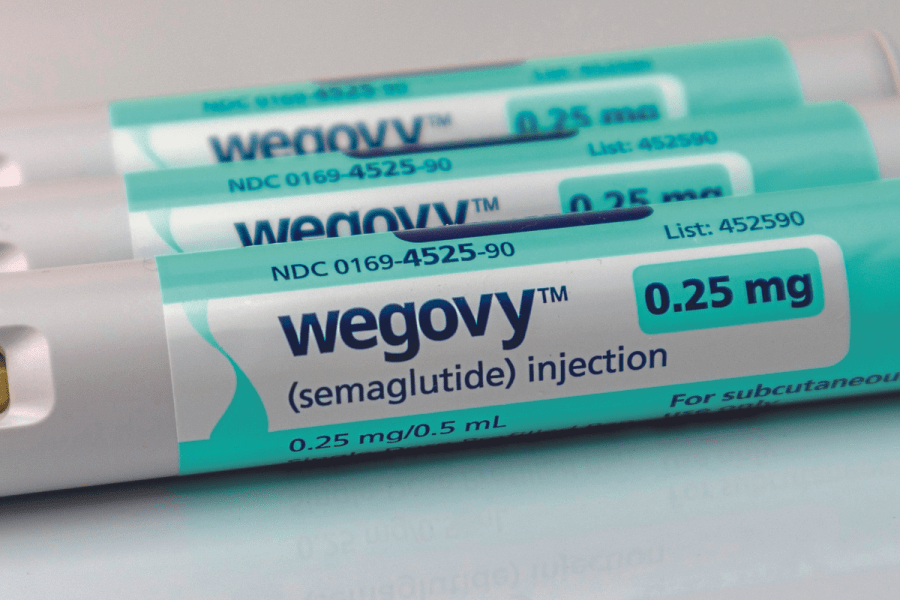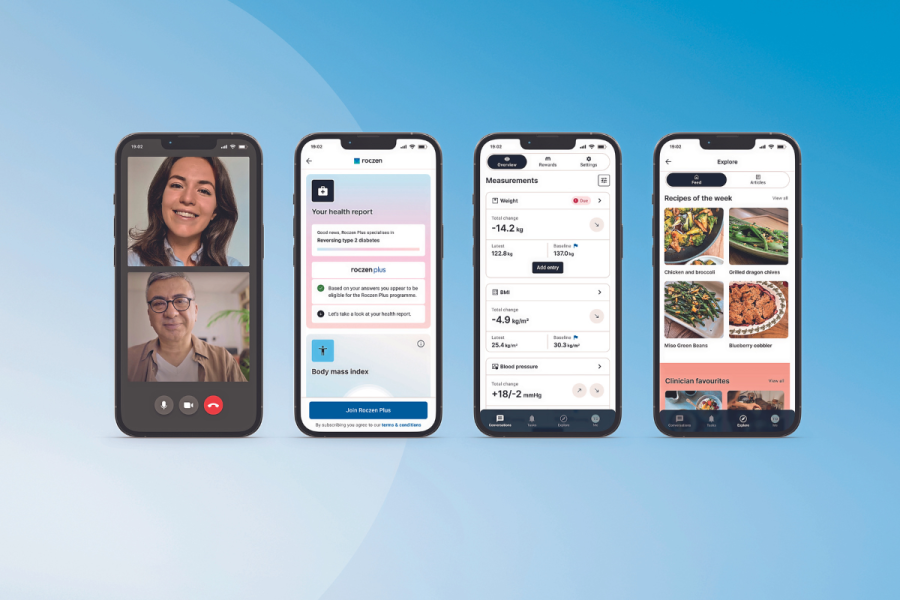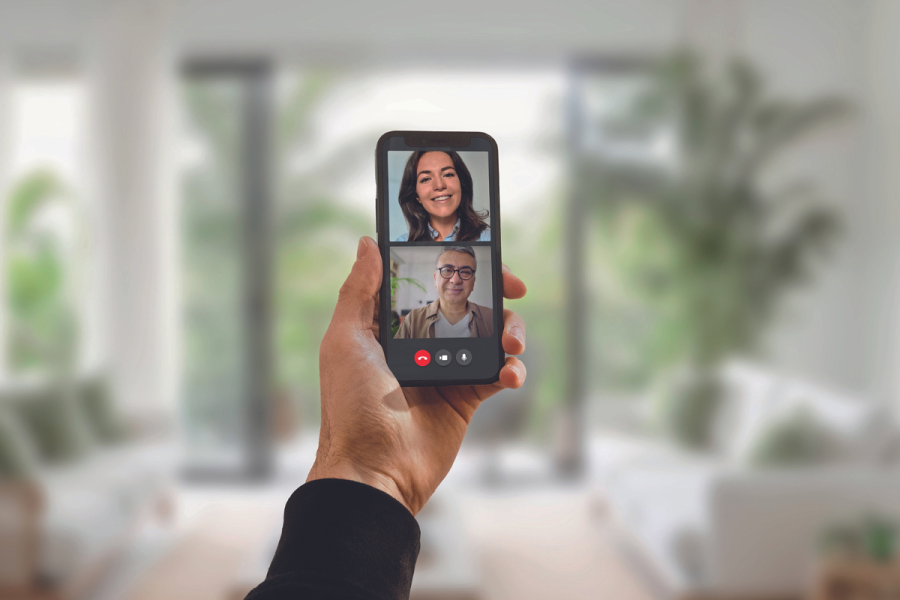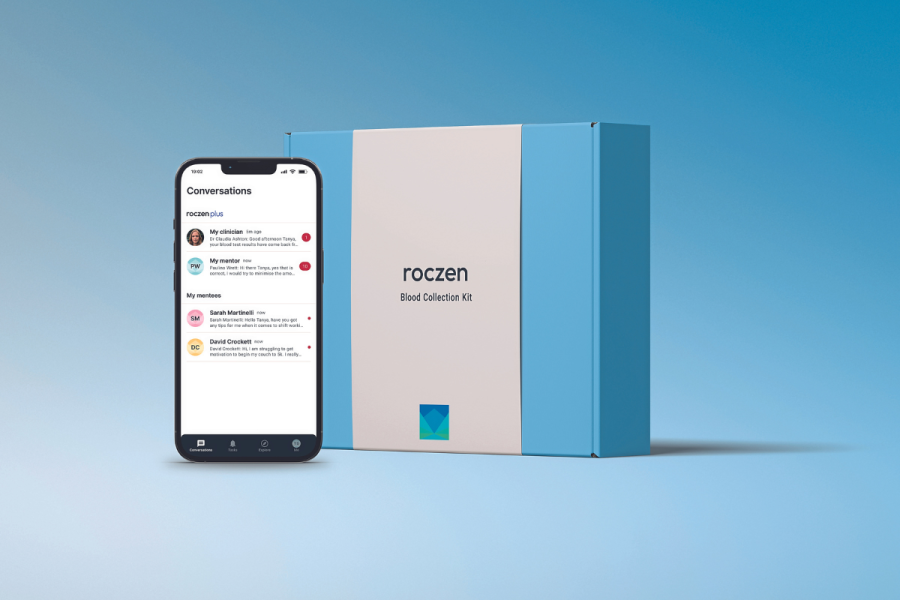 Our weight-loss columnist and type 1 diabetic, Alice Dogruyol, tries Wegovy injections that manage weight by suppressing appetite. Could this drug be the solution she’s been searching for?
Our weight-loss columnist and type 1 diabetic, Alice Dogruyol, tries Wegovy injections that manage weight by suppressing appetite. Could this drug be the solution she’s been searching for?
Words: Alice Dogruyol. Images: ROCZEN and shutterstock, headshot: David Venni
I have never known what it’s like to feel full and satiated. I am always hungry and can always eat more. I have had a complicated relationship with food and sought comfort in it throughout my life, but I have always wondered whether I also might have some sort of hormonal dysregulation that drives me to overeat. My research revealed that as a type 1 diabetic, there are six hormones my body likely doesn’t produce properly; insulin is just one of them.
There are two others that control hunger and appetite: amylin inhibits food intake, delays gastric emptying and decreases blood glucose levels; then ghrelin, often called the hunger hormone, sends a signal from your stomach to your brain that it’s time to eat. This was a revelation to me and opened my mind to considering taking Wegovy injections.
Ozempic and Wegovy are two brands that contain the same active ingredient, semaglutide, but in differing amounts and are approved by regulators for different health purposes. Ozempic is generally prescribed to diabetics whereas Wegovy is marketed as a weight-loss drug.
They are both a semaglutide GLP-1 receptor agonist that mimics a naturally occurring hormone that tells your brain that you are full. It slows down digestion and gastric emptying making you feel fuller for longer. It also suppresses the amount of glucose produced by the liver, improves insulin sensitivity, and even helps the pancreas produce more insulin for those with type 2 diabetes.
I asked my NHS diabetes endocrinologist about it. She said that it was only approved for type 2 diabetics but there were encouraging studies to suggest that it could be helpful for type 1 diabetics and she would be happy for me to try it, but it wasn’t available on the NHS. I was going to have to look for private options.

As I researched, I came across a weight management company called Roczen. It is run by a stellar medical team including specialists in type 2 diabetes, cardiovascular disease prevention, dietetics, and behaviour change. Roczen describes itself as a digital lifestyle management programme for reducing type 2 diabetes and managing weight loss. The process starts with an online questionnaire to assess eligibility and suitability. You subscribe to the app and are assigned a clinician who will arrange a call with you to discuss your health goals.
They put together a personalised weight-loss strategy that uses a combination of medical, nutritional and psychological consultations, technology, and the next generation of GLP-1 medication to help manage obesity. Roczen in-house doctors and dietitians consult with you via video link; they formulate bespoke nutrition and exercise plans for you and prescribe weekly doses of GLP-1 medication discreetly delivered to your door each month. Importantly, everyone receives ongoing one-to-one expert support and messaging services from Roczen clinicians with monthly check-in calls. I think Roczen has the potential to change the world.
This isn’t just about weight loss and fitting into your favourite pair of jeans, the ripple effect of what they are doing is potentially life-changing and life-saving. Treating obesity by proxy reduces a long list of other diseases linked to it. Roczen is what the healthcare sector has been missing and what every person who struggles with their weight has been waiting for.

That’s the good news. The bad news is that as a type 1 diabetic I was not eligible to join Roczen. Type 1 diabetics are generally excluded from lots of treatment options as it is such a complex and risky condition to manage. However, I attended an event hosted by Roczen and was lucky enough to meet the whole medical team.
Professor Barbara McGowan, Roczen’s chief medical officer, gave a presentation about the latest developments in obesity treatment. As she spoke it was as if my whole life’s weight struggles flashed before me – I had to hold back tears. Hearing her speak about obesity as a complex disease that required a multipronged approach to treat successfully was mind-blowing. She was the medical voice that I have been waiting to hear all my life, and the first doctor I have ever met who provided solutions and hope.
Finding a Solution
At the end of the event she took me aside and suggested I book in with her colleague Dr. Dipesh Patel, a leading endocrinologist and diabetes expert, to discuss my case. I booked in a private consultation with him and went through a thorough medical examination and extensive blood analysis.

Dr. Patel explained that ‘access to GLP-1 medications for people living with type 2 diabetes in the UK is limited by NICE (National Institute for Health and Care Excellence) guidance and current supply shortages. GLP-1 used alongside insulin therapy for people with type 1 diabetes for the treatment of obesity and hyperglycaemia should be discussed with a specialist on an individual basis’. Wegovy isn’t generally prescribed for type 1 diabetics as it needs to be managed carefully.
But the fact I have only been diabetic for around seven years, don’t have any complications, I am teetotal and hypo-aware helped him reach the conclusion that it would be safe for me to try it alongside my insulin therapy. This was music to my ears.
I have never been offered treatment for long-term weight loss other than gastric bypass surgery or the gastric balloon. Surgery always seemed barbaric to me. About 15 years ago, I was a week away from having bypass surgery on the NHS but I cancelled it at the last minute as I couldn’t rationalise cutting a perfectly healthy stomach out of a perfectly healthy body. In my final pre-op meeting, I told the surgeon I had changed my mind and I bolted out of the hospital as fast as I could.
Having had girlfriends who did go through with it, and seeing how it has negatively affected their life and health in the long-term, I think cancelling it was the best decision of my life. Some years earlier I had tried the gastric balloon – a plastic balloon inserted into your stomach and inflated to make you feel fuller faster and eat less. It worked to some degree in the short-term but was extremely uncomfortable and painful. As soon as it was taken out, the weight came back.
I have been in a constant battle with the bulge for all of my adult life, always looking for solutions. When I was a young woman, I remember my GP suggesting I buy a special portion plate to help avoid putting too much food on my plate. My mum bought an oinking pig that sat in the food cupboard and snorted every time I opened the door. I was encouraged to go to Weight Watchers and Slimming World and would do my best to count calories. I had gym memberships, personal trainers and nutritionists. None of it ever worked long-term.

What’s Next?
I have been taking Wegovy for eight weeks now. The needle is so small and fine you don’t feel it at all, not even a gentle scratch. I had a few digestive side effects in the first couple of weeks when I was on 0.25mg. It caused a horrible bout of constipation, which was resolved by making adjustments to my diet and taking some gentle laxatives.
I occasionally feel a mild nausea but as I have started on such a low dose and built it up gradually the nausea hasn’t been an issue up to now. For the first time in my life, I’ve been feeling full after eating and I often can’t finish my plate of food. My cravings are gone. My portions are smaller. I don’t feel the urge to snack. I am 5kg down! However, the most recent update I can share is that I just increased my dose from 0.5mg to 1mg and it has not been pleasant. I’ve had extreme nausea, diarrhoea and vomiting.
Not ideal and not a good sign. I’ll be calling my doctor and will likely drop back down to 0.5mg. He may even decide to take me off it. My Wegovy experiment may not be working out as I had hoped but that is probably largely due to my type 1 diabetes status. It is a great drug and I think it will help a lot of people.
Connect with Alice at instagram.com/Alice_Dogruyol.
Read Alice’s weight loss columns here!







